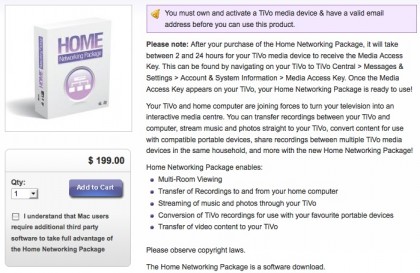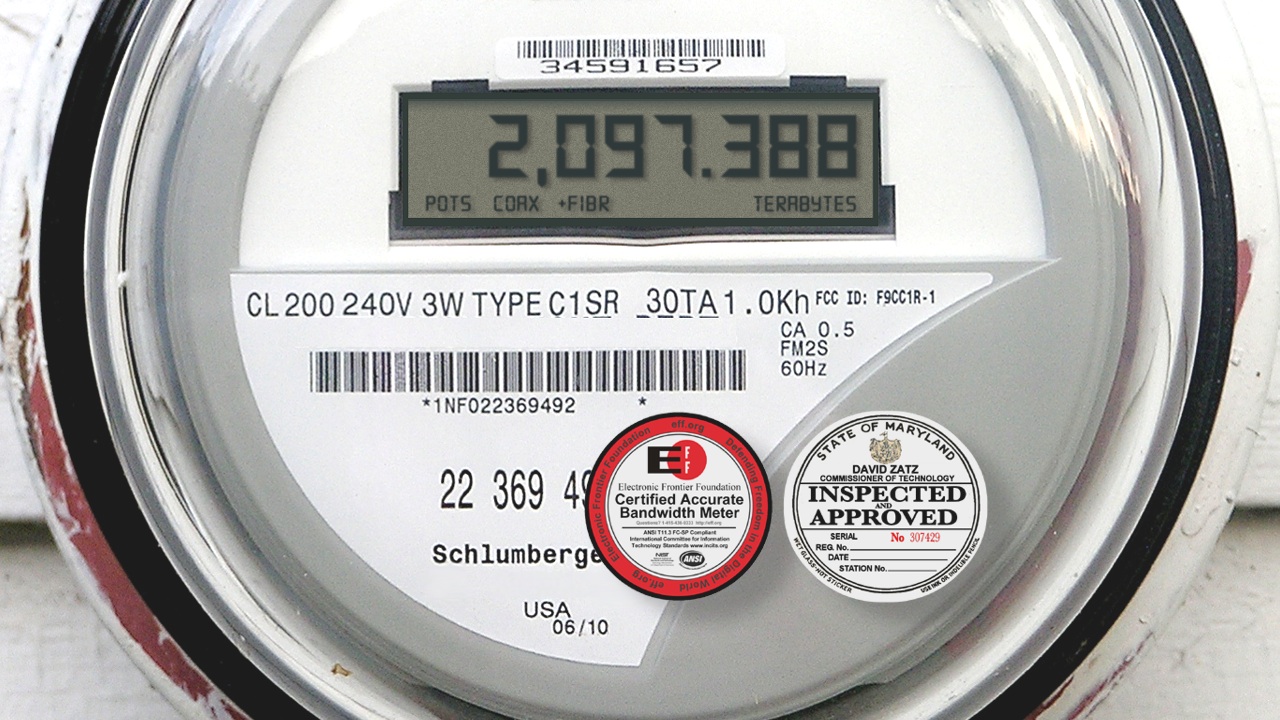I recently saw a link to an online survey on DivX’s website, and since I’m not shy in sharing my opinions, these sorts of things are the perfect click bait for me. Most questions covered how and where I watch online video, but after answering a dozen or so, one caught my eye:
5. Would you be interested in a free service that lets you bookmark online videos to queue and play back in media center software or on a device?
I’ve never really been a heavy user of bookmarking services, but being able to bookmark television content would be much more appealing. One of the biggest problems in bridging the computer to TV gap, is the process of finding the content that you want to watch and then getting it to the television set. For downloadable media this is easier to accomplish, but for streaming media you’ll need some kind of a PC or internet connected gadgetry. Once juiced up to the net, trying to navigate the vast sea of digital content with a remote is like trying to paddle upstream while going over Niagra Falls backwards.
So far, Netflix seems to have come up with the best solution, but there’s still room for others to build a better mousetrap. Instead of letting consumers use a remote to browse all of their programing, Netflix makes you bookmark your watch now movies via the old fashioned computer. This hybrid tv/computer approach may lack some elegance, but it does ultimately create a more satisfying experience to the end user. Sometimes having too many choices can create a paralyzing effect when it comes to finding content.


